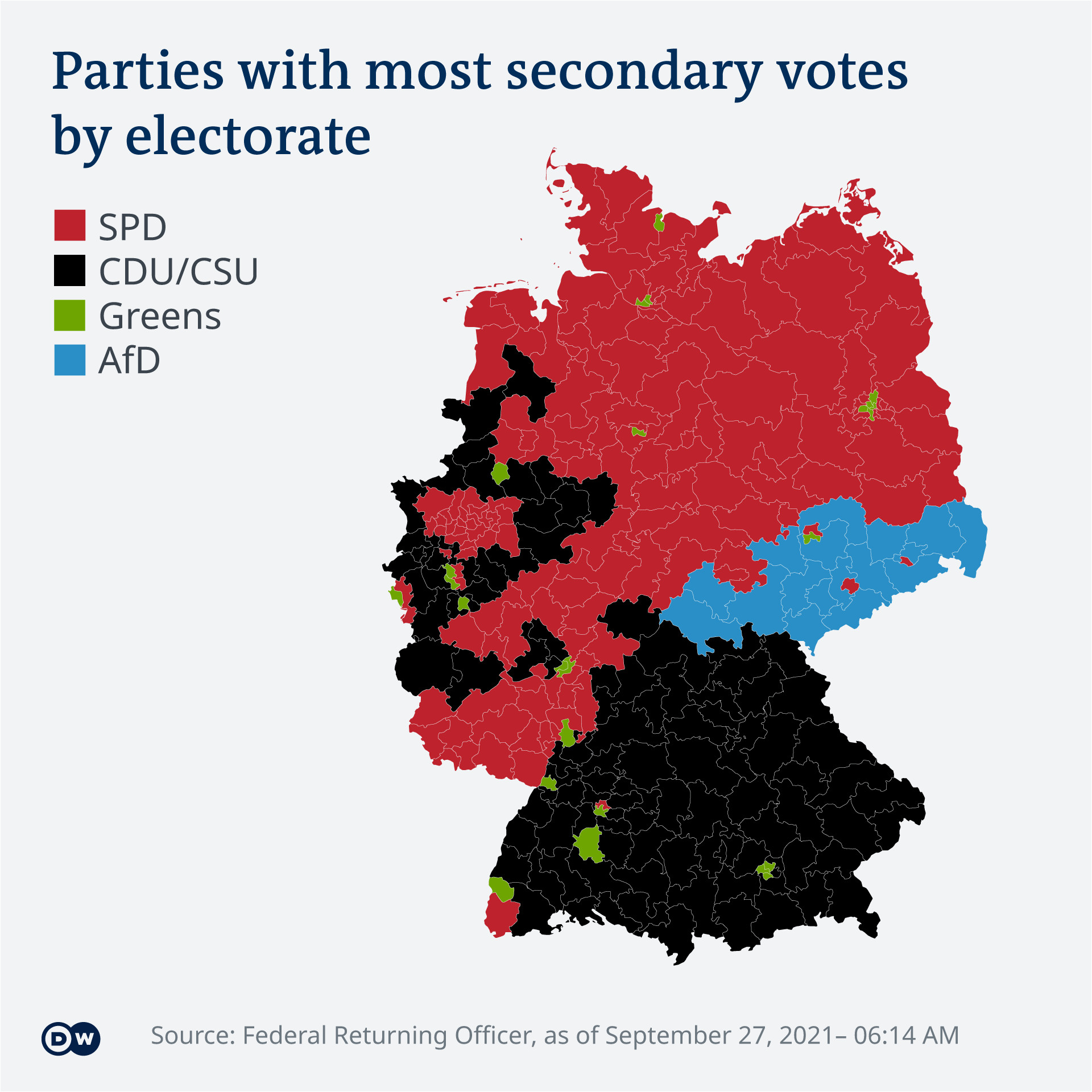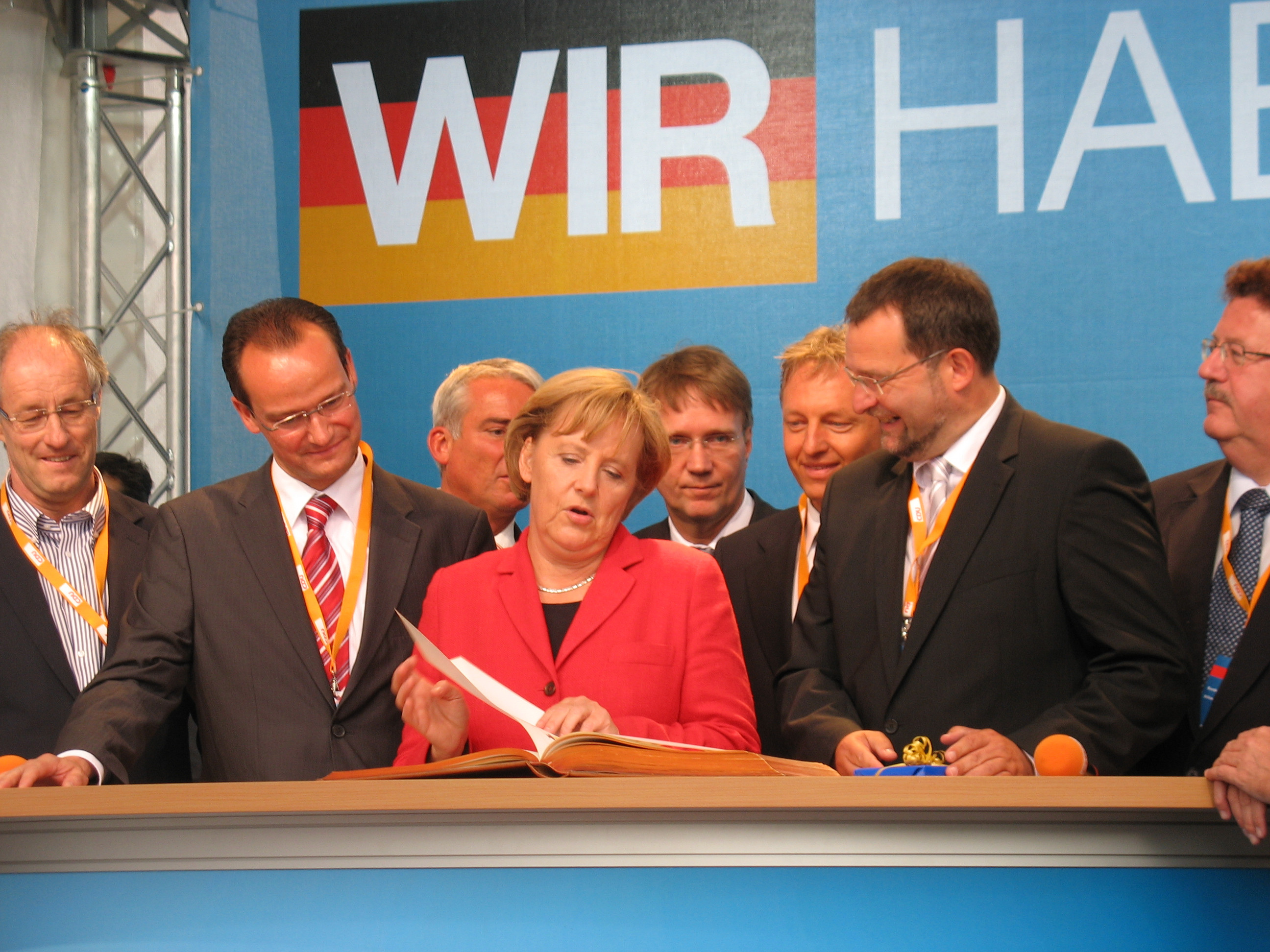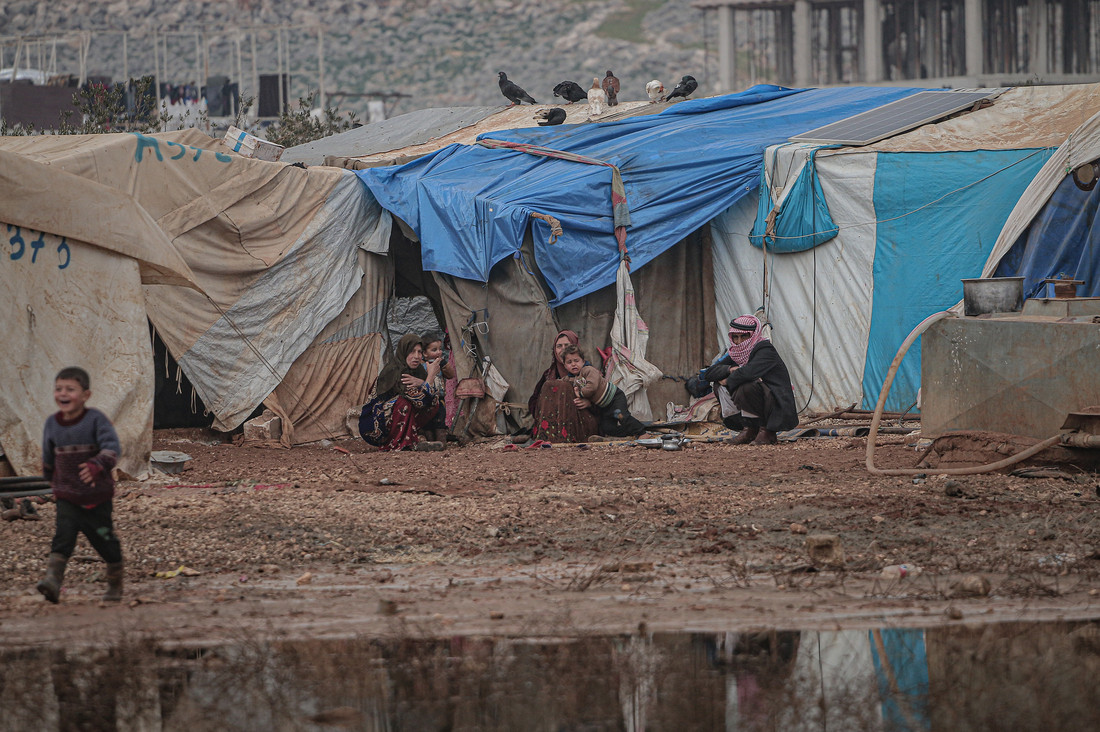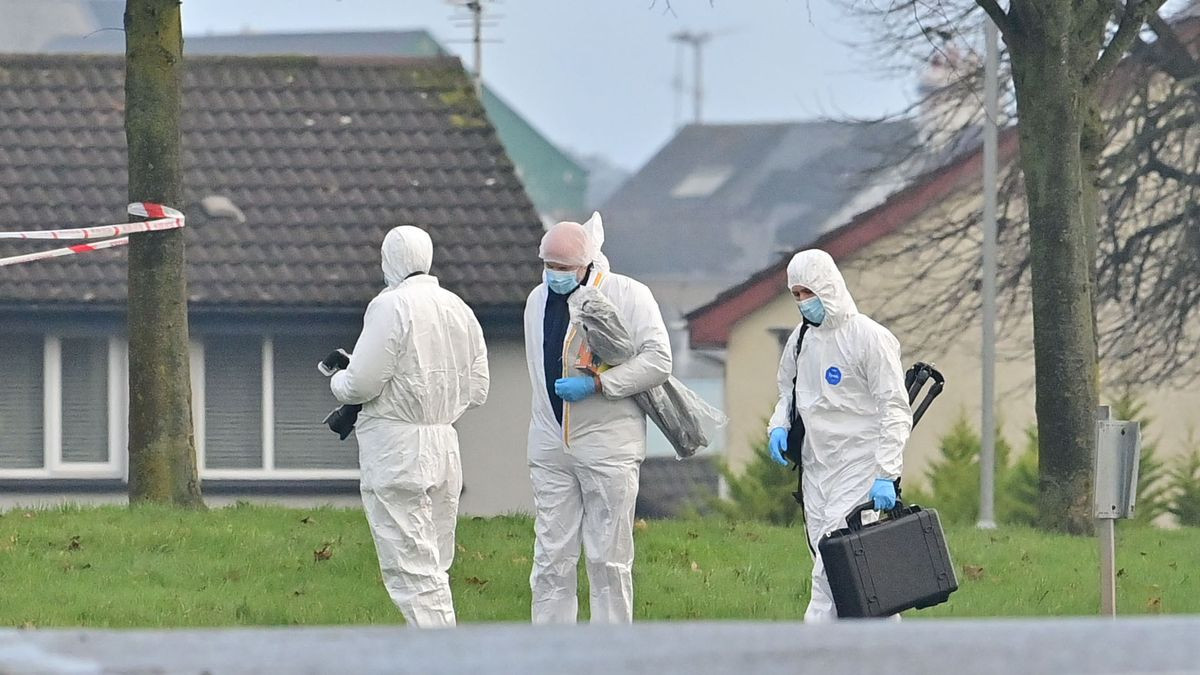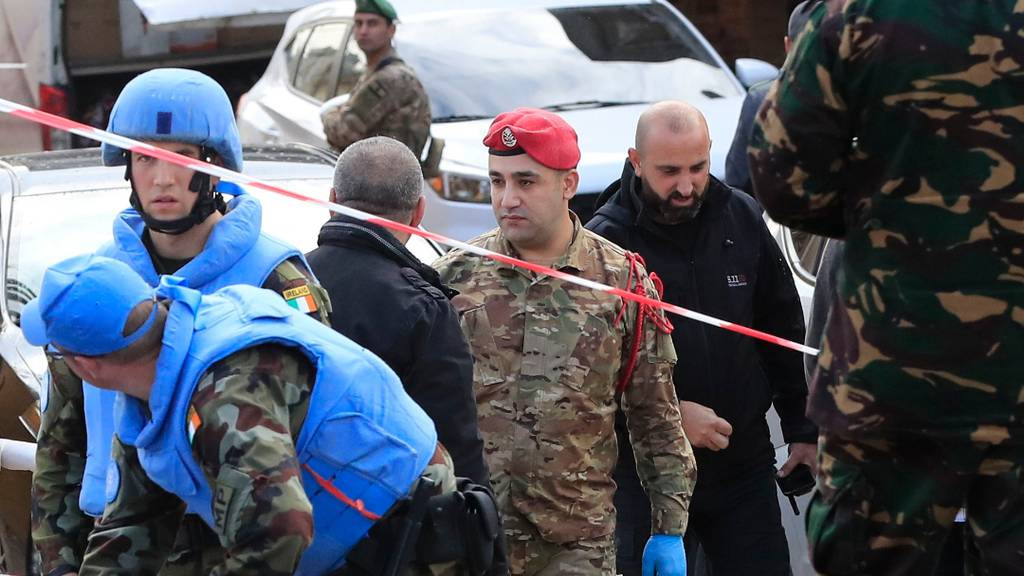A sense of foreboding is building in Germany about prospects for government stability. Under pressure from all sides, The fractious three-party coalition under Chancellor Olaf Scholz may not last the legislative period up to the scheduled general election in September 2025. Scholz is trying to keep his creaking administration intact in view of the high-tension international environment, but the forces leading to break-up could soon become overwhelming.
The East German Elections: A Litmus Test
The 1 September elections in the two pivotal East German states of Saxony and Thuringia could be a catalyst for coalition collapse. These elections represent a litmus test for disaffected east Germans, still a separate political category three and a half decades after unification. The outcome will display deep east German misgivings about Germany’s support for Ukraine in the war with Russia as well as over domestic policies on immigration. A massive influence stems from two maverick parties with strong east German bases, the anti-immigrant, anti-euro Alternative for Germany (AfD) and BSW, a new pro-Russian group led by far-left populist Sahra Wagenknecht. These two parties, along with the CDU, are leading regional opinion polls.
Budget Battles and Constitutional Hurdles
The east German outcome will be affected by long-running public bickering among the three Berlin coalition parties over the 2025 German budget. Christian Lindner, the FDP leader, is paying a bitter price for taking the exposed finance minister post when his own party has an ever-shrinking hold over the coalition and the wider electorate. The budgetary dispute underlines enduring repercussions from the German constitutional court decision on 15 November structurally dismantling important parts of the coalition’s fiscal planning.
The Threat of a Grand Coalition
Unfortunately, the most likely outcome from an early German general election would be another ‘grand coalition’ between the Christian Democrats (CDU), led by Friedrich Merz, probable next chancellor, and the SPD – an uninspiring format unlikely to produce much-needed regeneration.
Can the Coalition Survive?
The 2005 pattern could form a precedent for an early election and replacement of Scholz by Merkel’s long-running CDU rival Merz – who would relish the chance of bidding for power before his 70th birthday next year. In a move that could split the coalition following the Solingen killings, Merz has offered to team up with Scholz to drive through the Bundestag sharper laws on sending asylum-seekers back to transit or home countries. Merz’s gambit, which would counter the wishes of Scholz’s Berlin coalition partners, especially the Greens, could form a backcloth in coming weeks for still more complex manoeuvring – and possible political disruption.
The Euro Under Pressure
German turbulence combined with uncertainties over the next French government following President Emmanuel Macron’s electoral setbacks could hit the euro. This could complicate the expected timetable for further interest rate reductions by the European Central Bank, holding its next monetary decision-making meeting on 12 September, a week ahead of a likely rate cut by the US Federal Reserve.
Germany's Economic Woes
Germany is confronting its longest period of low growth since the second world war. It badly needs political renewal to tackle issues ranging from managing public finances and re-engineering defence capabilities to boosting the digital economy and controlling immigration. According to the International Monetary Fund, Germany in 2018-24 has grown by only 0.4% a year – a big reason for Europe’s relative economic decline.
The Rise of the Far Right
AfD and BSW support has been swollen by recent events – a murderous 23 August mass stabbing in Solingen, west Germany, by an asylum-seeker allegedly affiliated to Islamic State terrorists, and Ukraine’s controversial incursions into Russian territory.
The Future of the Coalition
All three Berlin coalition partners, above all the Greens and the FDP, are expected to perform woefully in the two east German contests. Possibly none of the trio will achieve the 5% of votes needed for representation in state legislatures. Ominously for the Berlin government, Wagenknecht is making her party’s participation in regional coalitions dependent on federal-level moves to reduce military backing for Kyiv.
Breaking the Four-Year Election Cycle
Holding general elections outside the normal four-year legislative cycle is notoriously difficult. This reflects constitutional hurdles designed to safeguard the Federal Republic from the instability that brought down the Weimar Republic.
A Precedent for Early Elections
In 1982 the FDP switched sides in mid-term from the SPD to the CDU, displacing Chancellor Helmut Schmidt and bringing Helmut Kohl to power. In 2005, soon after losing an important regional election – in North Rhine-Westphalia, Germany’s most populous state – SPD Chancellor Gerhard Schröder organised the Bundestag’s dissolution. This led to a September general election, bringing Angela Merkel to the chancellorship.
The Outlook for Germany
The stakes are high for Germany and the future of its government. The country is facing a multitude of challenges, from economic stagnation to the rise of the far right, and the coalition government's ability to address these issues hangs in the balance. The east German elections could be the tipping point that leads to the coalition's collapse and potentially, a new era of German politics.




